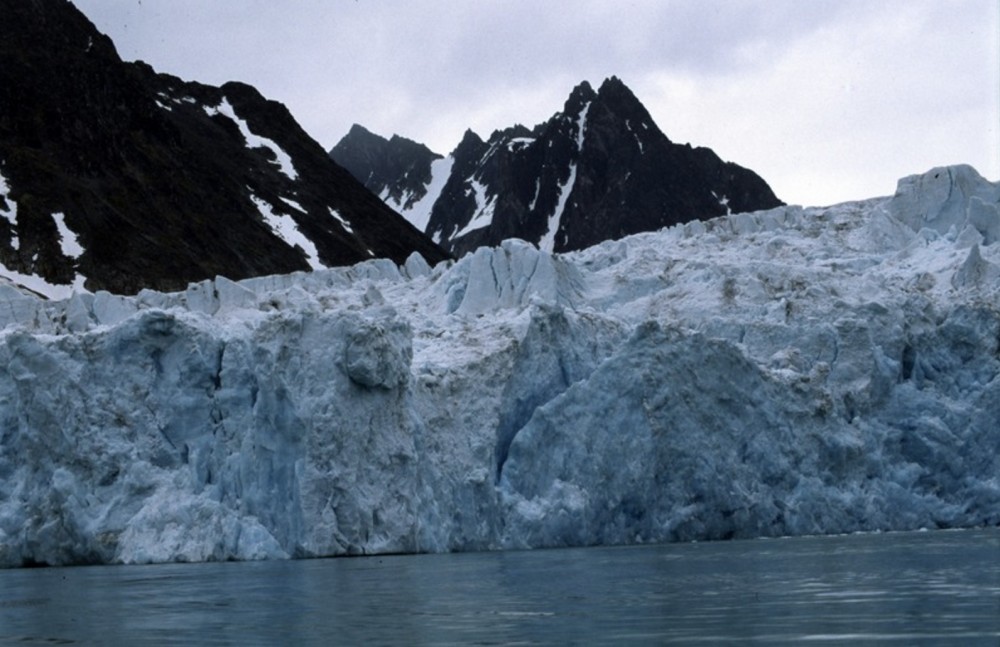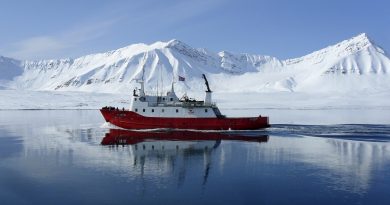Record heat sends shockwave through Arctic

From Svalbard to the New Siberian Islands. The Russian and Norwegian Arctic has never been this warm in November.
Weather measurements from the northern tip of the Russian Taymyr Peninsula and the Kara Sea reveal that temperatures are up to 14 degrees Celsius higher than normal. The same is the case in the Laptev Sea and the New Siberian Sea, Meteonovosti reports.
Former weather records are smashed all over the region. On Cape Chelyuskin, the northernmost point on the Eurasian continent, measurements from 15th November showed only minus 1,9 degrees, and on Kheis Island, a part of the Franz Josef Land, the thermometers on that same day showed +1,5 degrees.
The normal average November temperature on Kheis is minus 17.
The trend is the same on measurement points on the islands of Vize, Golomyanny (Severnaya Zemlya) and Kotelny (New Siberian Island).
Warm days on Svalbard
Meanwhile, on Svalbard, the Norwegian archipelago, average measurements from the last 30 days show a temperature of +2,2 degrees. That is 10,7 degrees higher than the norm for this time of year, Yr informs. Weather data from the archipelago show that all the last 12 months have been significantly warmer than normal.
On October 7th, temperature in Longyearbyen, the regional administrative center, reached 10,1 degrees Celsius. That is the same as the warmest day in June.
In addition to the record hear, Svalbard in October also experienced an unprecedented level of rains.
Related stories from around the North:
Canada: Arctic sea ice nears its minimum extent for 2016, Radio Canada International
Finland: Puzzling migration fluke brings thousands of Siberian birds to Finland, Yle News
Greenland: New model predicts flow of Greenland’s glaciers, Alaska Dispatch News
Russia: Ancient virus found in Arctic permafrost, Alaska Dispatch News
Sweden: Sweden’s climate minister worried about Trump’s stance on global warming, Radio Sweden
United States: Alaska: Barrow’s record-warm October continues pattern associated with low sea ice, Alaska Dispatch News



